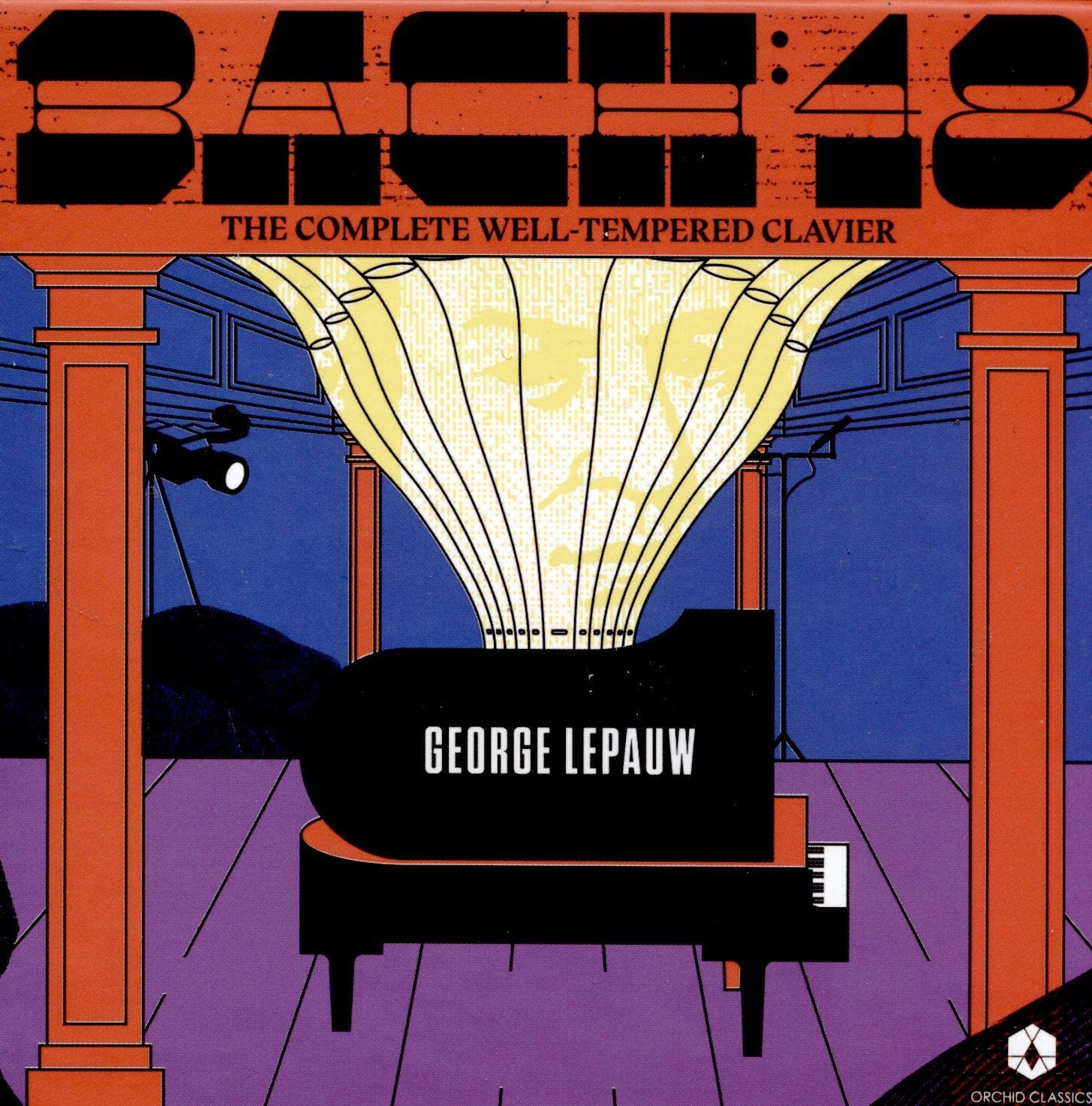 Bach: The Well-Tempered Clavier George Lepauw (piano) (Orchid Classics)
Bach: The Well-Tempered Clavier George Lepauw (piano) (Orchid Classics)
How a pianist tackles the opening C major Prelude of Bach’s Well-Tempered Clavier can often set the tone for what follows. You’d expect Glenn Gould’s quirky traversal to encompass extremes of tempo and articulation on the basis of how eccentrically he tackles it, and a recently issued live performance of Book 1 from Keith Jarrett is bright, elegant and smiley from the outset. George Lepauw’s performance of the prelude is very striking: he begins slowly and hesitantly, as if he’s dipping his toes in and testing the waters. Or carefully limbering up in preparation for an epic schlep. His approach works for me. The flexibility never feels indulgent, the magical simplicity of Bach’s thinking laid bare. Purists might argue with how slowly he plays the final bars, but they’re entirely in keeping with what’s gone before. The fugue which follows is straighter but no less effective. The closing bars of the C minor Prelude are similarly stretched. But the effect is mesmeric, Bach’s shift to C major in the last few seconds incredibly affecting. Lepauw can do fast and exciting without effort (try Book 1’s G major Prelude) but he’s most impressive when he’s living in the moment. It’s as if we, and him, are experiencing this music for the first time. The high spots are too numerous to mention, but I’d have to include the same volume’s Bb Major Prelude, Lepauw turning his Steinway into a harp.
This box set fills five CDs instead of the usual four, but Lepauw’s expansive tempi always work in Bach’s favour. I can think of few more enjoyable introductions to what can be a daunting work, and what was described by Hans von Bülow as the “Old Testament of Music” is lyrical, graceful and approachable. Bach’s preludes sound like free improvisations here, but the fugues are as taut and rigorous as any you’ll find on disc. Book 2 follows a similar pattern (try Lepauw’s glorious C# Major Prelude), the final B Minor Fugue a glorious summing up. Don’t switch off, though: Lepauw brings us full circle with an imperceptibly swifter retread of Book 1’s opening. My library recommendations for this work would include versions by Roger Woodward and Peter Hill, and I’d add George Lepauw to the shortlist. It’s well annotated and beautifully recorded in Weimar’s Jakobskirche. Lovely retro sleeve art, too. You may find yourself with some unexpected free time in the coming weeks. Fill some of those spare hours with Lepauw’s Bach, and feed both brain and soul.
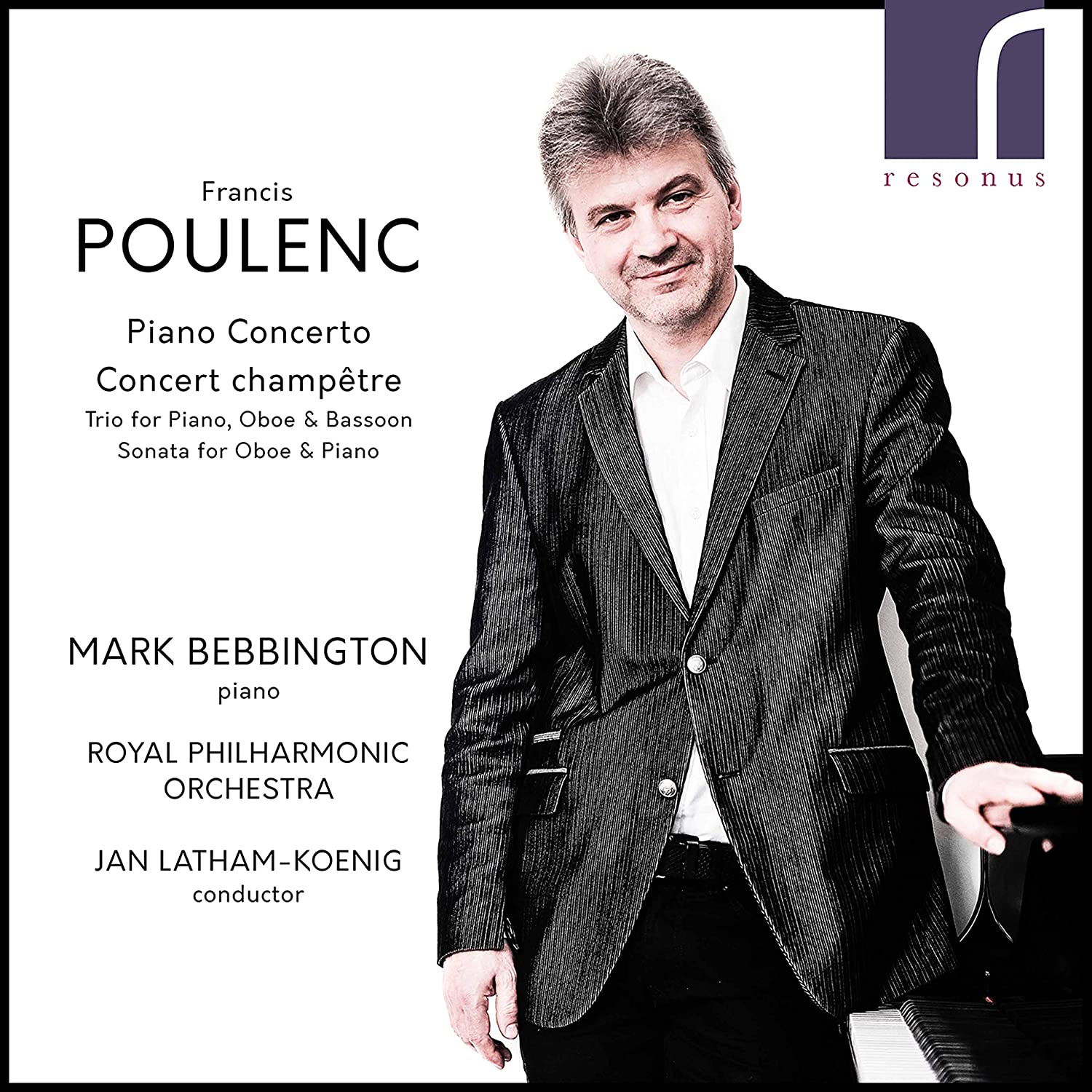 Poulenc: Piano Concerto, Concert champêtre Mark Bebbington (piano), Royal Philharmonic Orchestra/Jan Latham-Koenig (Resonus)
Poulenc: Piano Concerto, Concert champêtre Mark Bebbington (piano), Royal Philharmonic Orchestra/Jan Latham-Koenig (Resonus)
Couleurs – Poulenc: Sinfonietta, Piano Concerto Arturo Pizarro (piano), Bamberger Symphoniker/Thomas Rösner (Odradek)
Two new Poulenc discs have recently come my way. Given that they’re both excellent, and that we all need cheering up, I’ll review both, as long as readers splash out and buy the pair. Mark Bebbington gains bonus points by giving us the Concert champêtre played on piano. Poulenc was dismissive of the piano version, describing it as “un pis aller”, but he performed it several times. Nigel Simeone’s booklet essay quotes New York critic Olin Downes’ rave review after hearing Poulenc play the concerto in 1948 under Dmitri Mitropoulos. (The performance is on YouTube if you’re curious.) I love the harpsichord original, but the piano alternative is a lot of fun. Bebbington, wisely, treats it as a piano concerto, gleefully accentuating the extra details. You’re occasional reminded of what Couperin and Rameau sound like played on a modern grand, as with the glittering opening to the last movement. That we can really hear the concerto’s final note is another plus. Jan Latham-Koenig and the Royal Philharmonic provide suitably astringent support, and this CD is worth acquiring for the Concert champêtre alone. There’s more, though, Bebbington accompanying Jonathan Davies and John Roberts in the Bassoon and Oboe Sonatas respectively. The latter was Poulenc’s last major work, its final “Déploration” a poignant farewell. More upbeat is the underrated Piano Concerto, an unpretentious delight. I’ve not yet heard a dud recording, and this one benefits from perky wind solos and swift speeds.
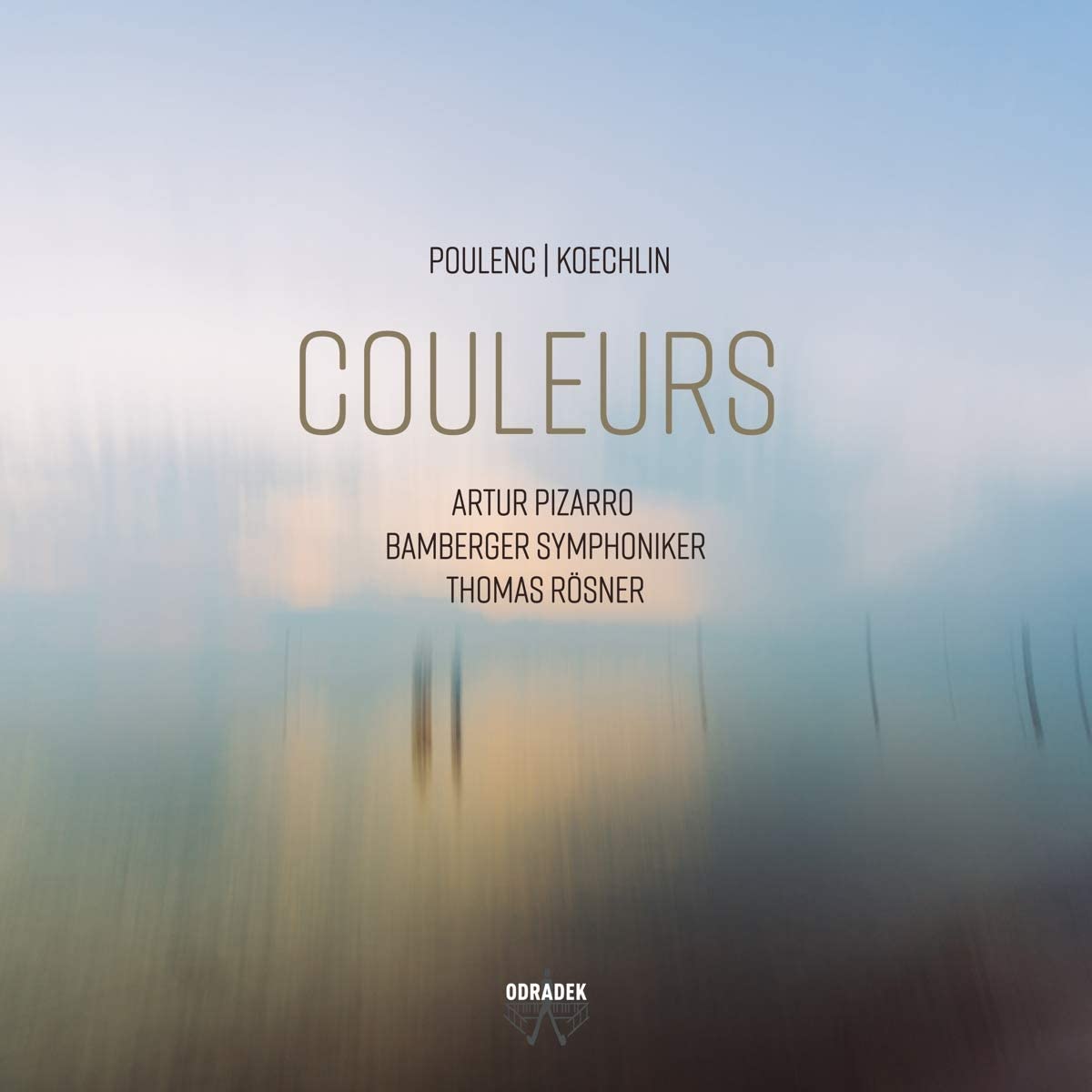 Turning to Arturo Pizarro’s new recording with Thomas Rösner and the Bamberg Symphoniker makes for a fascinating contrast. Their take on the Piano Concerto is more wistful, the fleeting shadows a tad darker. Partly it’s down to the sumptuous Bamberg sound: the very Stravinskian brass chorales at the first movement’s centre are stark and imposing, and how refreshing to actually hear the muted horns at the start of the “Andante con moto”. Poulenc was a superb orchestrator, and Rösner‘s players revel in every detail. Pizarro’s finale is as extrovert as Bebbington’s, the concerto’s throwaway ending sweetly done. It’s coupled with the closest thing we have to a Poulenc symphony, his 1948 Sinfonietta. Commissioned by the BBC as part of a plan to revitalise European cultural links, it’s another zinger of a work. Rösner’s performance is spectacularly good; again, it’s the Bambergers’ playing which is key, the orchestra taking the music seriously without underselling the humour. It’s gorgeous. Fantastic bonuses too in the form of two tone poems by the maverick French composer (and teacher of Poulenc) Charles Koechlin. Ver la voûte étoilée is a dreamy look at the stars, whilst Sur les floats lointains paints a melancholy seascape. Both are worth hearing, and it’s a surprise to learn that they weren’t performed until the 1980s. They’re wonderfully played, and one hopes that Rösner can be persuaded to give us a whole album of Koechlin.
Turning to Arturo Pizarro’s new recording with Thomas Rösner and the Bamberg Symphoniker makes for a fascinating contrast. Their take on the Piano Concerto is more wistful, the fleeting shadows a tad darker. Partly it’s down to the sumptuous Bamberg sound: the very Stravinskian brass chorales at the first movement’s centre are stark and imposing, and how refreshing to actually hear the muted horns at the start of the “Andante con moto”. Poulenc was a superb orchestrator, and Rösner‘s players revel in every detail. Pizarro’s finale is as extrovert as Bebbington’s, the concerto’s throwaway ending sweetly done. It’s coupled with the closest thing we have to a Poulenc symphony, his 1948 Sinfonietta. Commissioned by the BBC as part of a plan to revitalise European cultural links, it’s another zinger of a work. Rösner’s performance is spectacularly good; again, it’s the Bambergers’ playing which is key, the orchestra taking the music seriously without underselling the humour. It’s gorgeous. Fantastic bonuses too in the form of two tone poems by the maverick French composer (and teacher of Poulenc) Charles Koechlin. Ver la voûte étoilée is a dreamy look at the stars, whilst Sur les floats lointains paints a melancholy seascape. Both are worth hearing, and it’s a surprise to learn that they weren’t performed until the 1980s. They’re wonderfully played, and one hopes that Rösner can be persuaded to give us a whole album of Koechlin.
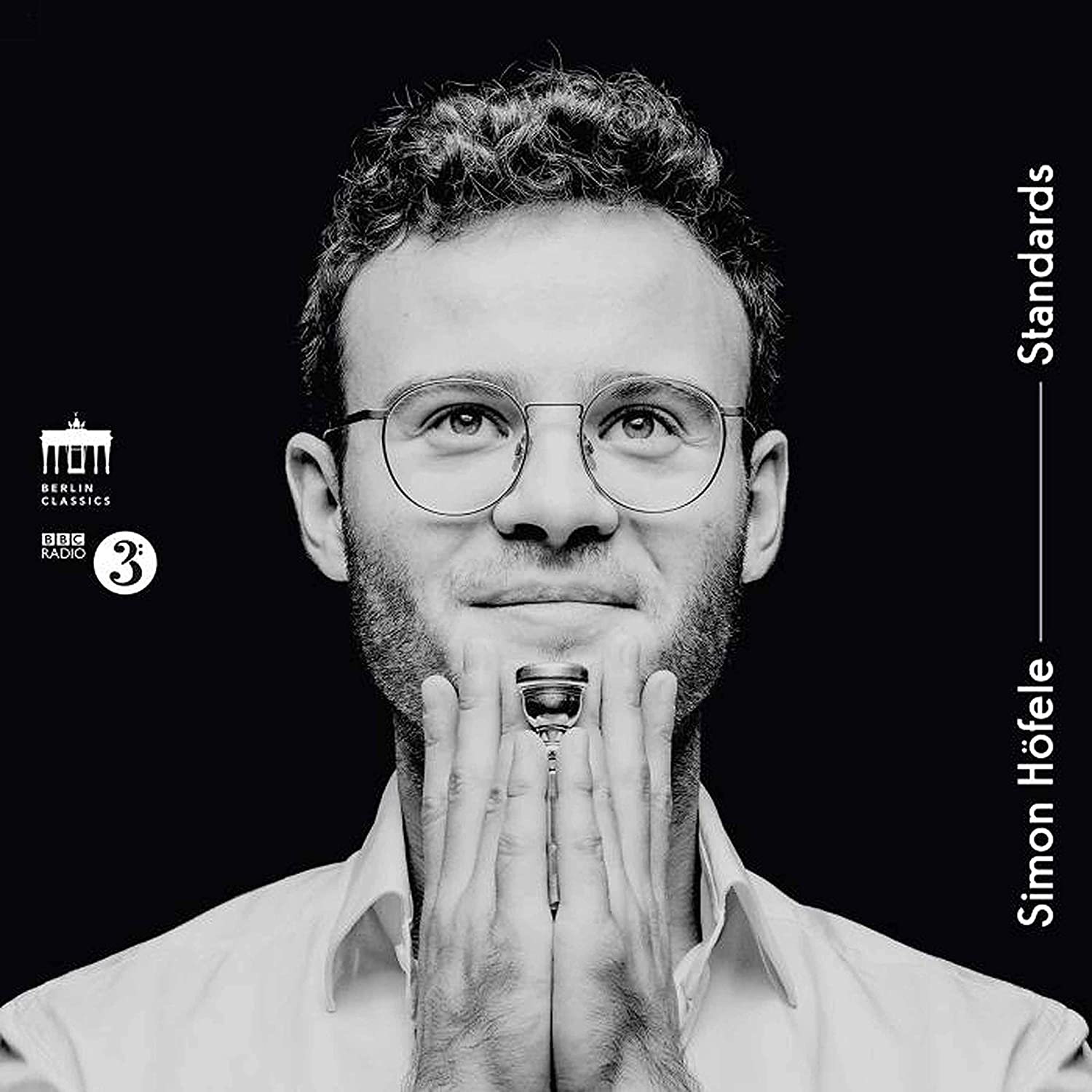 Standards – music by Haydn, Hummel and Arutjunjan Simon Höfele (trumpet), BBC Scottish Symphony Orchestra, BBC National Orchestra of Wales/Duncan Ward (Berlin Classics)
Standards – music by Haydn, Hummel and Arutjunjan Simon Höfele (trumpet), BBC Scottish Symphony Orchestra, BBC National Orchestra of Wales/Duncan Ward (Berlin Classics)
“I’ve never thought: Oh no, not Haydn again,” confesses trumpeter Simon Höfele. Better known for performing contemporary music, it’s a surprise to find his third album including the three best-known trumpet concertos. But, they’re all great pieces (“these works are simply brilliant in their simplicity”) and should entertain anyone. The Haydn and Hummel works were both written for Anton Weidinger, whose newly-developed ‘keyed trumpet’ allowed him to play melodies in the lower and middle registers. Alas, the instrument’s softer, warmer tone couldn’t compete with that of the brighter natural trumpet, the development of piston valves in the 1830s allowing for a more brilliant, even sound. One attraction of Höfele’s playing is how well he balances brilliance with lyricism; both concertos’ slow movements are beautifully done, each followed by an excitable rondo finale. Duncan Ward’s BBC Scottish Symphony Orchestra offer sprightly support.
Alexander Arutjunjan’s 1950 concerto is yet more fun, a colourful slice of Soviet kitsch. If Khachaturian had written a trumpet concerto, it would have sounded like this. Yes, it’s short, flashy and shallow, but the tunes are fantastic. And full of humour too, the best joke being at the start, Arutjunjan’s solemn, pompous opening followed by an irrepressibly cheeky first subject. Höfele isn’t afraid to let rip when needed, though he’s at his best in the sultry slow movement. This time it’s the BBC National Orchestra of Wales accompanying, the big tuttis full of punch and colour. Relief comes in the shape of Copland’s evocative nocturne Quiet City, sweetly played by Höfele and an uncredited cor anglais.

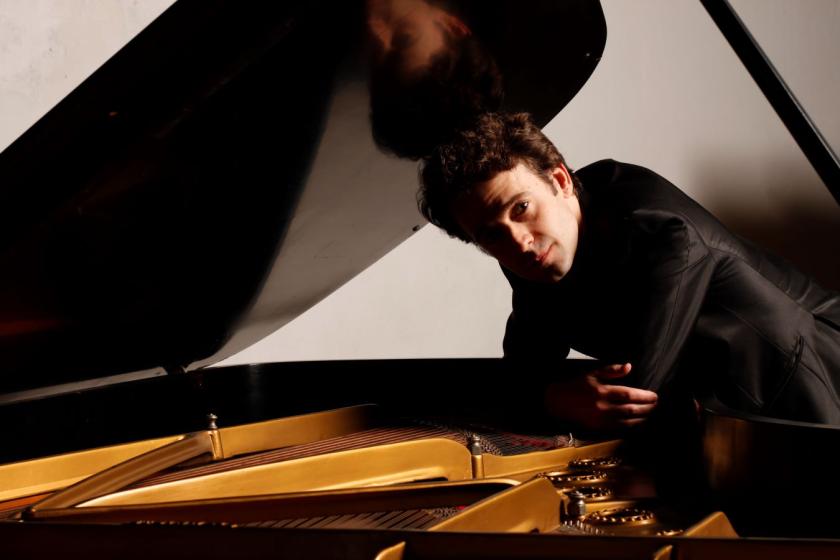









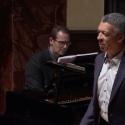


Add comment